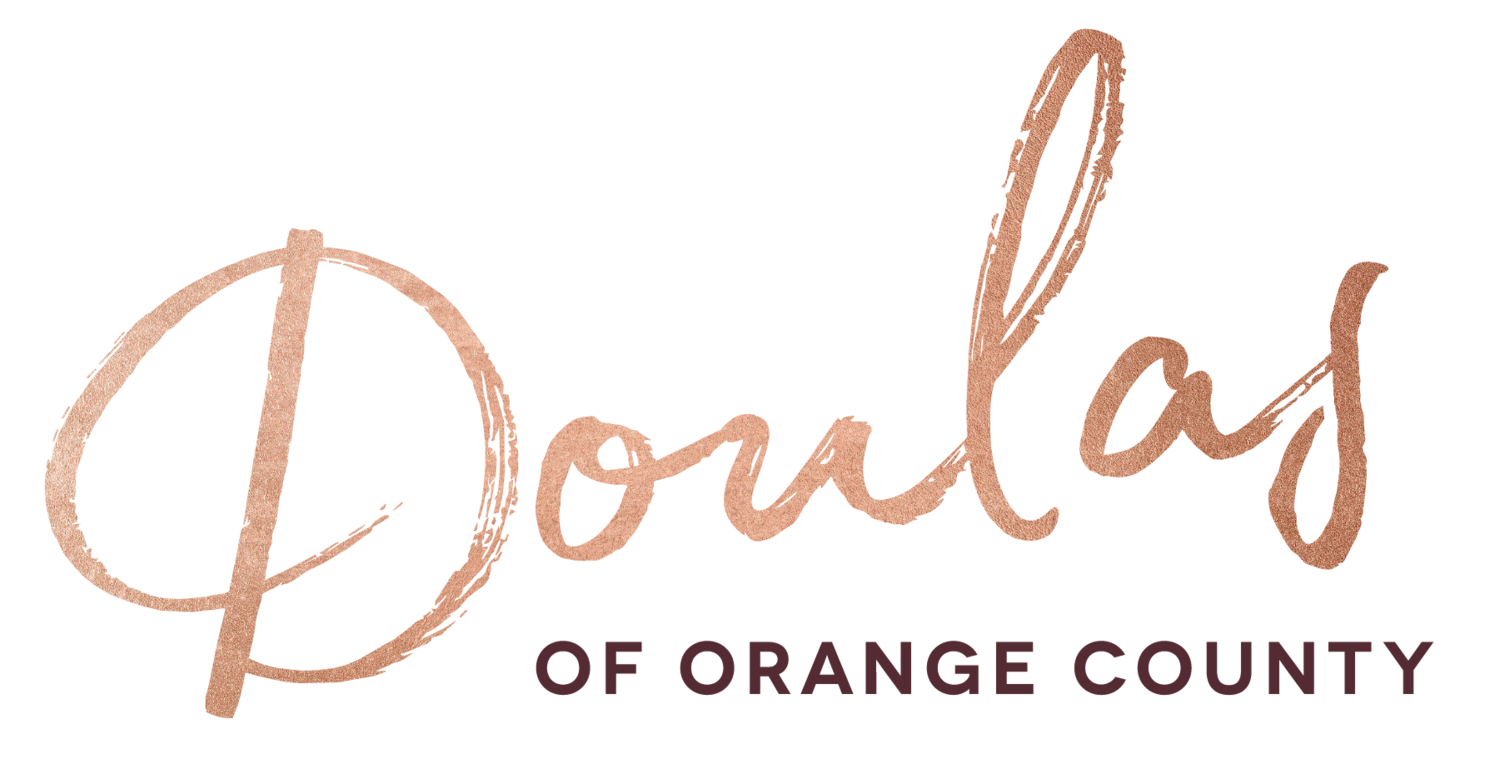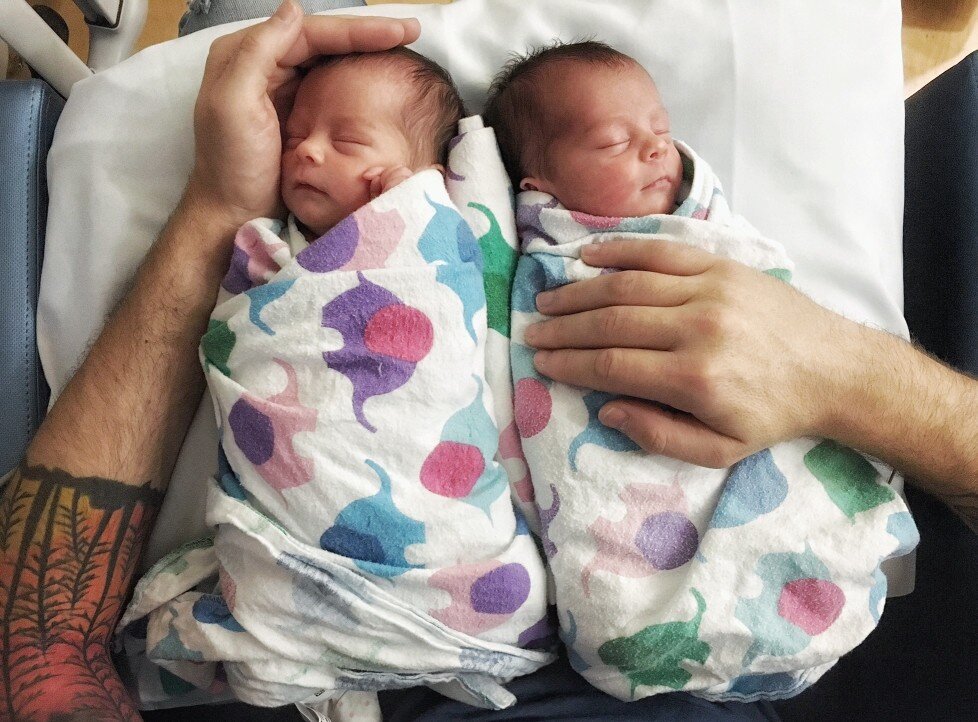Your baby has finally arrived! Your family and friends are elated and yet you don’t have any sense of joy and delight because all you feel is anxiety and fear. It is important to understand that this is perfectly normal and that every new mom goes through the same process. Throughout your pregnancy, there were fluctuations in your hormone levels but now that your baby is born, they are starting to return to normal. The impact of these hormonal changes varies from one woman to the next and so it is important to understand the different types of postpartum mood disorders.
Types of Postpartum Mood Disorders
No matter what precautions you take, you cannot avoid postpartum stress and mood changes. However, it is important understand the differences between normal mood changes and more severe mood disorders.
Postpartum Blues
Postpartum blues is the most common type of postpartum mood disorders. According to experts, up to 80% of all new mothers get the “baby blues”. Postpartum blues generally set in when your baby is 2-3 days old and lasts for 1-2 weeks. Most new moms with the baby blues tend to feel sad and weepy and may break down in tears for no apparent reason. Postpartum blues are also associated with mood changes which means that you are likely to go from weepy to irritable and impatient in the blink of an eye. You are likely to feel restless and have problems sleeping which in turn causes fatigue and lethargy. Some new mums with the baby blues experience a loss of appetite and so they ignore their food intake. You may also experience a lack of mental focus and have trouble making decisions. You need to keep reminding yourself that what you are feeling and thinking is perfectly normal and that you just need a little time to rest and recover.
Postpartum Depression
Postpartum depression is a more serious postpartum mood disorder as it is linked to negative short-term and long-term effects on child development. Studies show that postpartum depression is not as common as the baby blues and affects up to 15% of mothers. Postpartum depression generally occurs about 1-3 weeks after childbirth but it can take longer – in rare cases, it can take up to 1 year! Postpartum depression is triggered by the sudden and drastic decrease of estrogen and progesterone after childbirth. New moms might think that their baby blues are simply lasting longer than usual, when in fact, they are suffering from postpartum depression. Women who have postpartum depression experience a change in their overall mood. Their overall mood is low and they have frequent crying spells. If you are constantly consumed by feelings of guilt and unhappy as a mum, you might have postpartum depression. Women with a history of depression are more likely to develop postpartum depression.
Postpartum Psychosis
Postpartum psychosis is the least common type of postpartum mood disorder but it is also the worst. According to researchers, postpartum psychosis affects less than 0.3% of all new mothers. Postpartum psychosis begins within 4 weeks of childbirth and generally requires hospitalization. Women with postpartum psychosis often exhibit extreme paranoia and suspicion. They suffer from hallucinations and delusions and may even have difficulty communicating. New moms with postpartum psychosis are often unable to sleep and display common signs of hyperactivity. A woman experiencing postpartum psychosis faces a break from reality where her delusions make perfect sense to her. Early diagnosis and treatment is imperative as the condition is linked to an increased risk of suicide and infanticide.
Treatment options for Postpartum Mood Disorders
The treatment for postpartum mood disorders varies according to the type of disorder and the severity. Most cases of postpartum blues do not require any treatment but new moms can benefit from counseling and support groups. Postpartum depression generally requires a short course of antidepressants along with cognitive behavioral therapy sessions. Postpartum psychosis requires stronger medication – antipsychotics to reduce hallucinations and mood stabilizers to reduce manic episodes. There is no surefire way to prevent postpartum mood disorders but getting adequate sleep and plenty of social support does help to reduce the risk.
Most new moms don’t realize that they are suffering from a postpartum mood disorder and instead it is brought to their attention by those closest to them. Experienced doulas can often make out when a new mom’s anxiety symptoms are severe and may require medical attention - she can also help you connect to a therapist or other treatment resources in your area. A Postpartum Doula can also help new moms adjust to their role as a mother and help to provide constant emotional support.
To find a therapist in the OC area that specializes in perinatal or postpartum mood disorders, please visit our resource page. For more help you can also contact Postpartum Support International’s hotline at 1-800-944-4773
To get connected with Postpartum Doula in Orange County, please reach out!
Author Bio: Anita Fernandes has been writing extensively on health and wellness for over a decade. She has expertise in nutrition, fitness, public health, and has contributed content to a variety of leading digital health publishers. Anita has a unique perspective on healthy living and lifestyle,as she has battled and overcome chronic pain. She shares her experiences in an effort to help others overcome the physical and mental health problems that can sometimes seem insurmountable.






